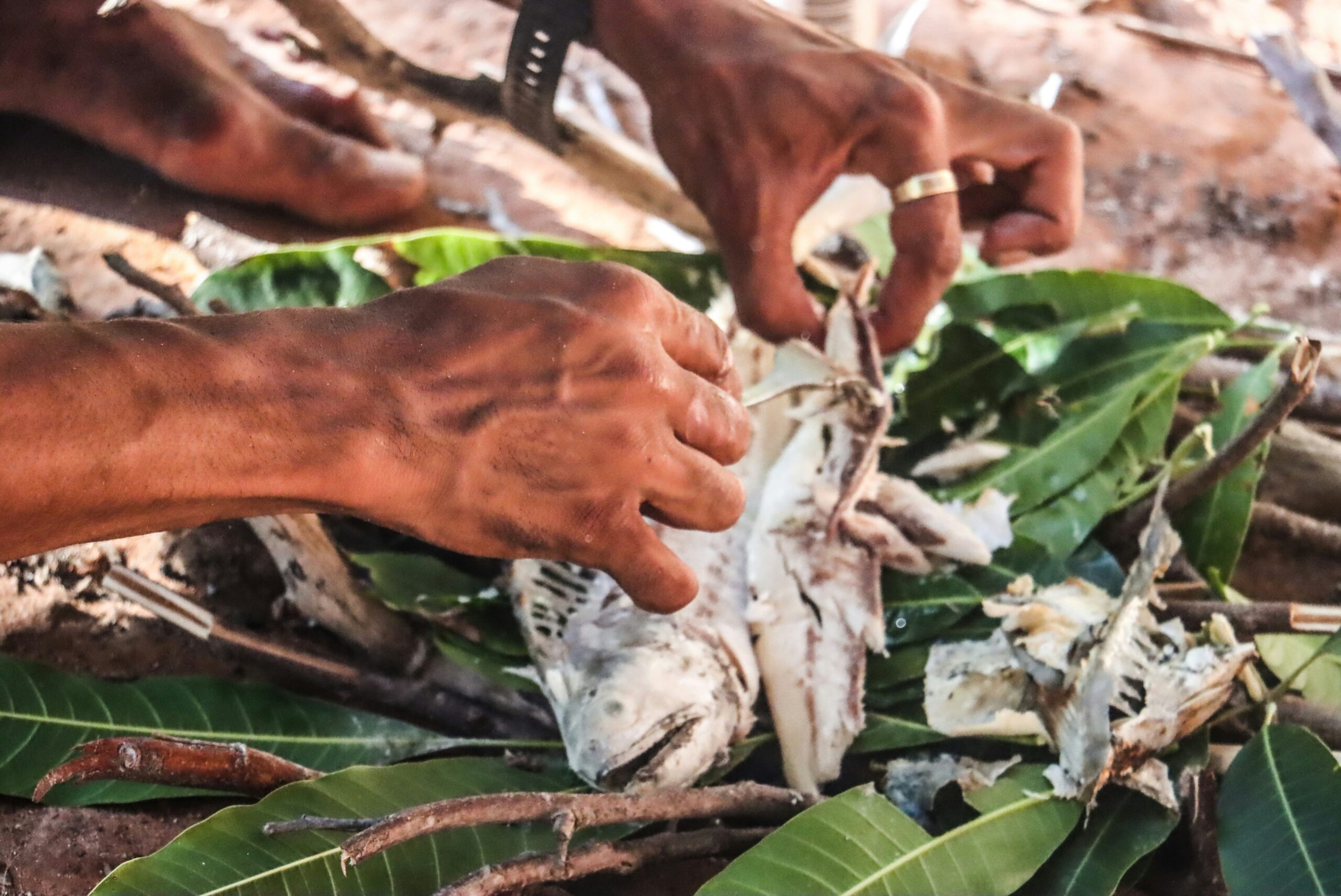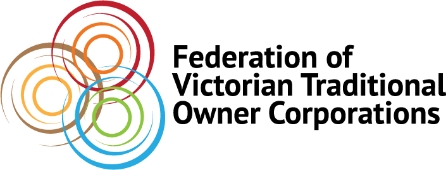Self-determination allows Nations to define their own measures of success and to ensure their activities meet local priorities, and full participation in the economy gives Nations the resources they need to be autonomous and fully determining. This reinforcing relationship between self-determination and economic development drives the Federation’s work.
Our economic development work spans research, policy and advocacy, grant administration, strategy development and convening Traditional Owner groups. Contact Reece O’Brien for more information or to be involved.
The Federation’s economic development work:
The Federation is undertaking a significant program of research with funding from the Victorian Government’s Department of Jobs, Skills, Industry and Regions to:
- support the implementation of Victorian Government’s Aboriginal employment and economic strategy, Yuma Yirramboi (invest in tomorrow) and
- support Victorian Traditional Owner groups in becoming treaty-ready, by providing a fuller understanding of where opportunities for future economic development are and what ‘treaty rights’ might be required to realise them.
As part of this program, the Federation has commissioned the following reports:
- Initial report – Supporting Aboriginal economic development in Victoria
- provides an analysis of the necessary supports for achieving Aboriginal economic development outcomes in Victoria.
- Project 1 – State of play of the Victorian Aboriginal economy
- provides an understanding of the size and composition of the Aboriginal and First Nations economies and evaluates the contribution made to the wider Victorian economy.
- Project 2 – Sector-specific analysis
- assembles top-down information on industries and markets that resonate with the capabilities, assets and interests of Traditional Owners and offer opportunity for significant employment and business growth.
- Project 3 – Indigenous business sector growth potential
- assesses economic opportunities and constraints from the ‘bottom-up’ perspective of Traditional Owner Corporations and other Aboriginal enterprises across Victoria.
- Project 4 – Economic Development Roadmap
- brings together the findings of Projects 1-3, and include additional desktop research and consultation with Traditional Owner Corporations and other businesses to develop a roadmap for accelerated development of these enterprises and the Aboriginal economy.
- the Roadmap is currently published online in draft form, awaiting finalisation with Traditional Owner Corporations.
- Project 5 – Overarching institutions to promote growth in Aboriginal businesses
- will define the industry development, training, policy coordination and governance capabilities and agencies required to support Traditional Owner Corporations and other relevant enterprises in the fulfilment of their economic potential.
The Federation has a seat at the decision-making table that holds government accountable to ending the health inequality experienced by Aboriginal and Torres Strait Islander peoples.
The Federation is the elected sector representative for Economic Development and Employment on the Victorian Partnership Forum on Closing the Gap, which oversees Victoria’s action on the National Agreement on Closing the Gap.
The Partnership Forum identifies priority reform areas to overcome inequality experienced by Aboriginal and Torres Strait Islander people and holds the Victorian Government to account to achieving, or surpassing, the National Agreement’s targets.
In 2020, in partnership with Agriculture Victoria, the Federation delivered the Djakitjuk Djanga grants program to support the development of Aboriginal native foods and botanical businesses.
The Federation currently delivers a grant program under the Traditional Owner Native Food and Botanicals Strategy, which supports Traditional Owner groups in the development of their native foods and botanicals businesses.
The Federation contributes Victorian Traditional Owner perspectives on economic development with governments and decision-makers. Key submissions include:
- Submission to the Joint Standing Committee on Aboriginal and Torres Strait Islander Affairs Inquiry into economic self-determination and opportunities for First Nations Australians (May 2024)
- Submission to Yoorrook Justice Commission’s Inquiry into Economic Injustices (April 2024)
- Submission to Yoorrook Justice Commission’s Inquiry into Land Injustice (December 2023)
- Submission to Department on Climate Change, Energy, Environment and Water on the Nature Repair Market Bill Exposure Draft (March 2023)
The Federation has facilitated the development of several Traditional Owner-initiated and -led strategies that capture opportunities for future economic development:
- Victorian Traditional Owner Cultural Landscape Strategy
- Traditional Owner Game Management Strategy
- Victorian Traditional Owner Native Foods and Botanicals Strategy
- Victorian Traditional Owner Cultural Fire Strategy
The Federation has contributed to the Victorian Aboriginal and Local Government Strategy and the Victorian Government’s Aboriginal employment and economic strategy, Yuma Yirramboi (invest in tomorrow).

Project 1: State of play of Victorian Aboriginal economy report
Project 2: Sector analysis of Victorian Aboriginal economy
Project 3: Indigenous business sector growth potential
Project 4: Roadmap for economic development
Project 5: Institutional framework
Indigenous business sector growth potential (cost-benefit analysis)

